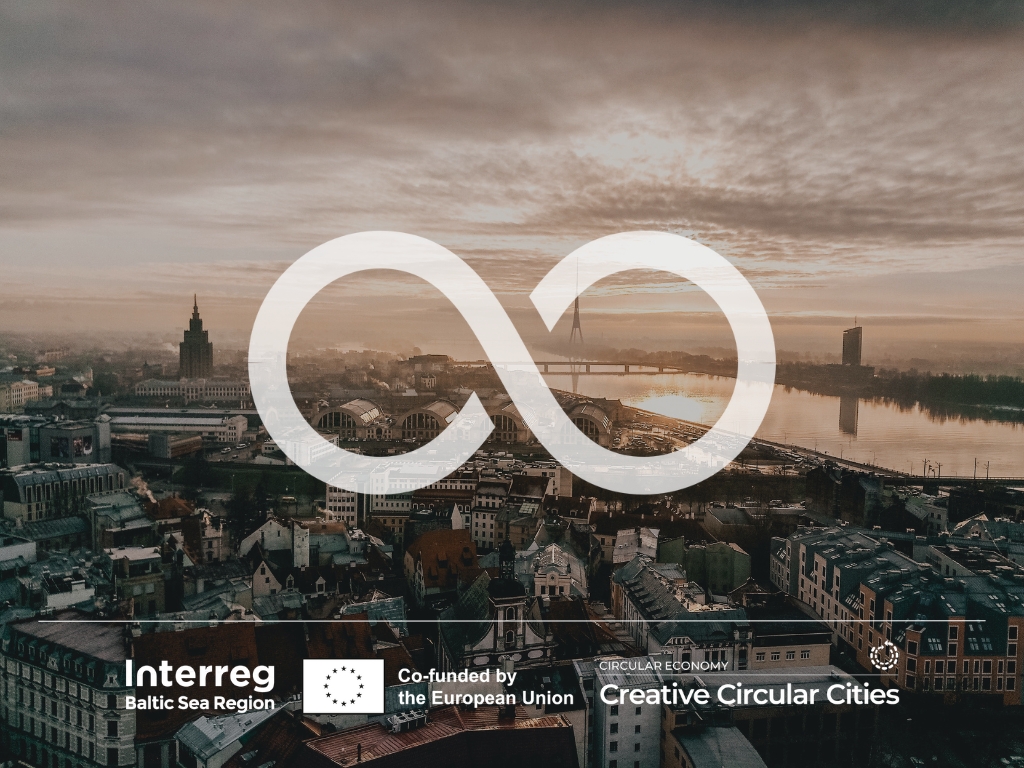Making cities more sustainable by involving the creative sector: new project launched in the Baltic Sea Region
We are glad to be part of the international consortium led by the Danish Cultural Institute that that will be collaborating on the project “Creative Circular Cities” (CCC). Within the project, six cities in the Baltic Sea region – Aarhus (DK), Kiel (DE), Gdynia (PL), Riga (LV), Tallinn (EE), and Turku (FI) – will jointly develop, test, and promote solutions driven by cultural and creative sectors and industries to support the transition from a linear to a circular economy.
The project consortium involves 14 partners – municipalities, business support organizations, NGOs’ s from the involved cities, and transnational network organizations.
The the Northern Dimension Partnership on Culture project manager within the CCC – Kristīne Lipiņa – emphasizes:
“Through the Creative Circular Cities initiative, we will be able to embrace the transformative power of Creative and Cultural Sector (CCS) as facilitators of innovative circular solutions. NDPC’s role will be to foster collaboration, provide expert guidance, and drive policy conversations, paving the way for a CCS-driven Circular Economy transition that resonates across borders, promoting sustainable practices and nurturing a resilient future.”
For decades, creative industries such as fashion and design have been associated with consumption and overproduction. Still, the cultural and creative sector also holds significant knowledge and experience that can support and develop circular business models and practices. With their innovative approaches and strong influence on people’s habits and mindsets, the cultural and creative industries offer great potential to promote a circular lifestyle. This potential will be harnessed in the “Creative Circular Cities” project.
The ambitions for a circular transition are not lacking, but concrete tools to achieve them are still missing. New methods and mindsets that are easy to implement for businesses, citizens, and municipalities are needed. In “Creative Circular Cities”, the goal is to develop, test, and share “solutions” that cities around the Baltic Sea can easily translate into concrete actions.
The project will be implemented from November 2023 to November 2026. It is 80% funded by the EU’s Interreg Baltic Sea Region program with a total budget of approximately four million euros.

